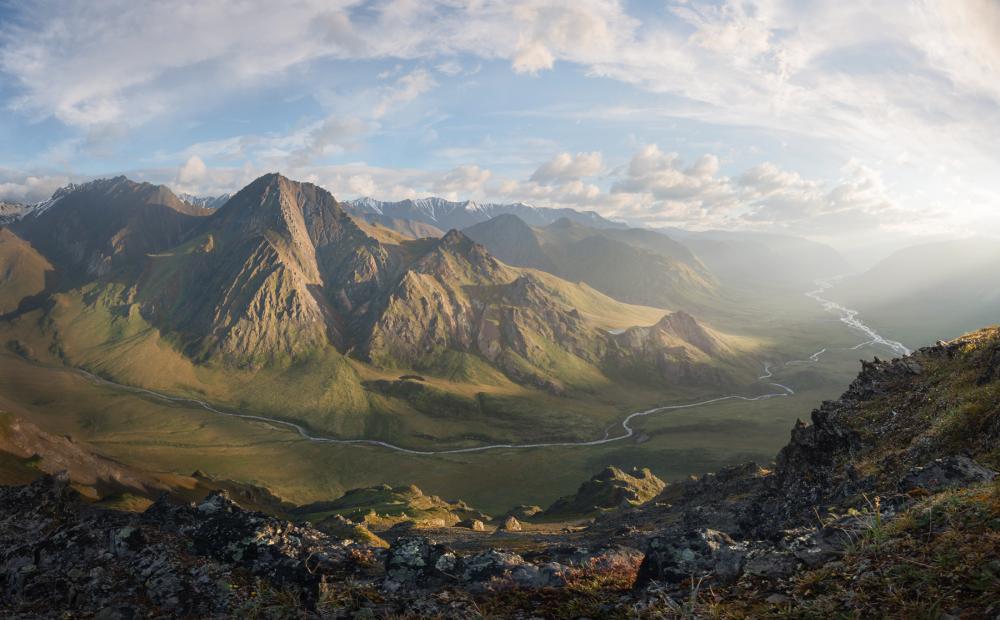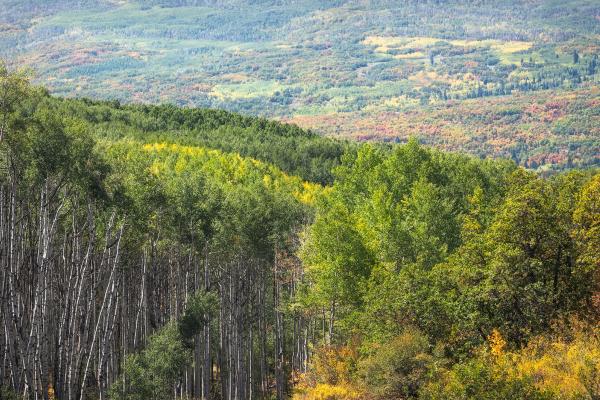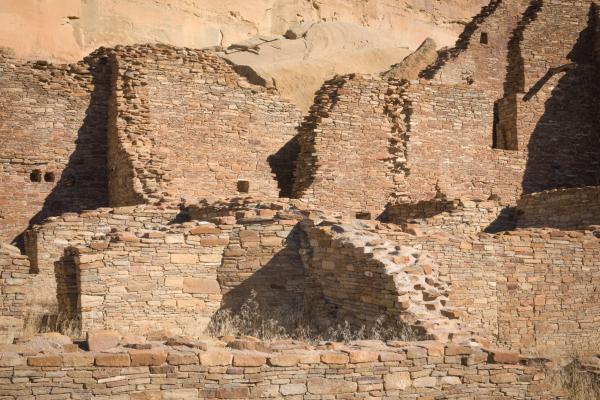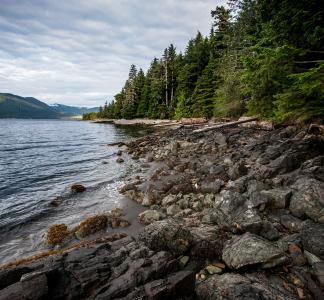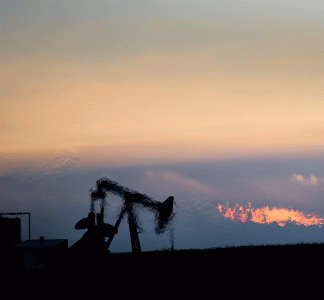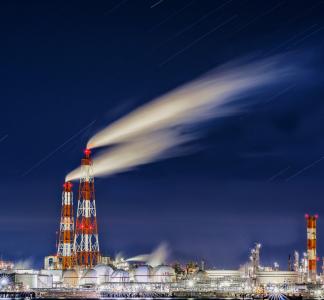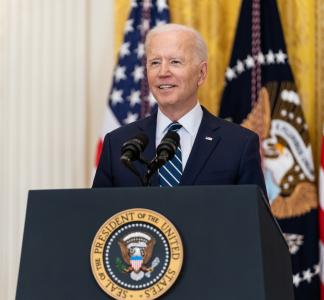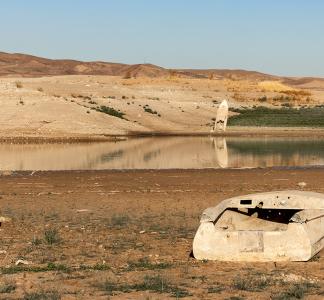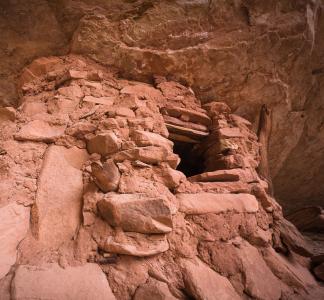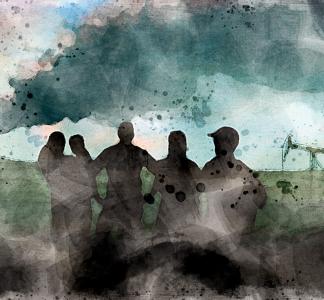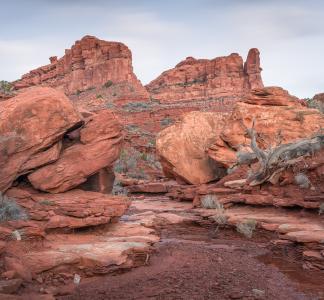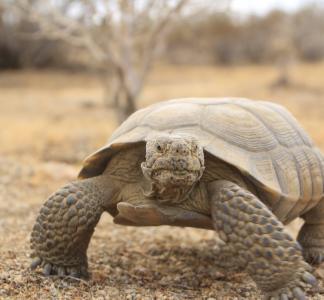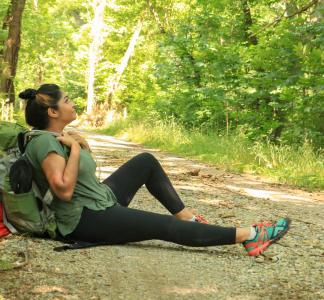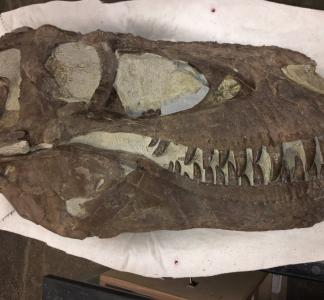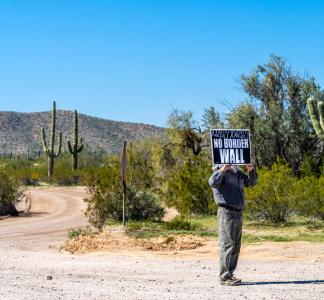Net zero emissions from public lands and waters
BLM Oregon
Ensuring that our shared lands and waters are pollution-free
Climate change is one of the most universal environmental and social justice issues of our generation. As countries around the world ramp up efforts to tackle the problem, here in the United States, our federal public lands and waters provide an immediate opportunity where the federal government to take action.
Our shared lands and waters have become drilling grounds for the fossil fuel industry. This type of development fuels climate change, degrades the land, endangers wildlife and compromises our health and well-being, and disproportionately so in Black, Brown and Indigenous communities, and working-class communities of all backgrounds. But it doesn’t have to be this way.
By taking bold action now, we can ensure that public lands and waters become a net-zero source of emissions by 2030—a major step toward ultimately making them pollution-free.
To this end, we seek to end all fossil fuel development on federal lands and waters by 2050 and work to boost responsible renewable energy developments. Our public lands can and should be part of the climate solution for the benefit of all people.
America's public lands and waters have a key role to play in tackling the climate and extinction crises. With less fossil fuel development and more responsible renewable energy projects, they can become part of the solution, instead of the problem.
Impacted places
What we're doing
-
Reducing fossil fuel emissions from public lands
We work with public leaders to decrease the amount of oil, gas and coal development that occurs on public lands and make our shared lands and waters are a net zero source of emissions by 2030.
-
Developing responsible renewable energy on public lands
We promote the development of renewable energy on public lands in places that have high energy potential and low impact on wildlands and wildlife.
-
Protecting our remaining forests
We protect forests that function as major carbon sinks, absorbing and trapping greenhouse gases that are warming our planet.
-
Promoting environmental and economic justice
We work with partners to ensure the transition to pollution-free public lands involves and invests in communities that depend on the work and revenue from fossil fuel production and those most impacted by fossil fuel pollution.
Protecting wildlands is key to solving the climate change puzzle
Nelson Guda
Taking public lands back from polluters
Mason Cummings.
Report: Oil and gas drilling on public lands is fueling climate change
Kanenori/Pixabay
How did Biden do on “First 100 days” climate and environment goals?
Adam Schultz, The White House, Flickr
Public lands & the climate crisis: Drought
James Marvin Phelps/Flickr
Report: Sec Haaland recommends restoring Bears Ears
Mason Cummings, TWS
Communities at the heart of climate action
Enough delay—mining claims show need to protect Bears Ears immediately
Mason Cummings, TWS
We’re suing: Destructive Utah highway project will disturb tortoise habitat
Dana Wilson, BLM, Flickr
How the U.S. will protect "America the Beautiful" to benefit all communities
Ambreen Tariq (@brownpeoplecamp)
How did Biden do on “First 100 days” climate and environment goals?
Adam Schultz, The White House, Flickr
Tyrannosaur fossil find in Grand Staircase-Escalante a reminder of public lands’ scientific importance
Dr. Alan Titus via BLM, Flickr
Crossing the divide: 5 stories along the U.S. border wall
Jim Gillett
